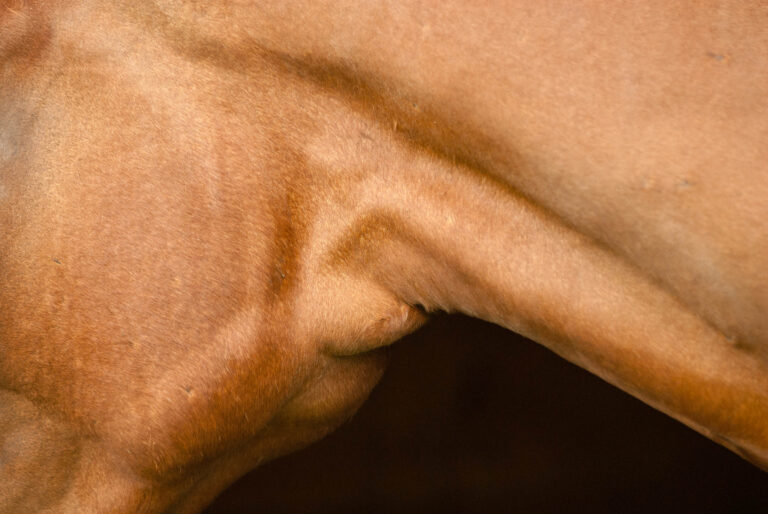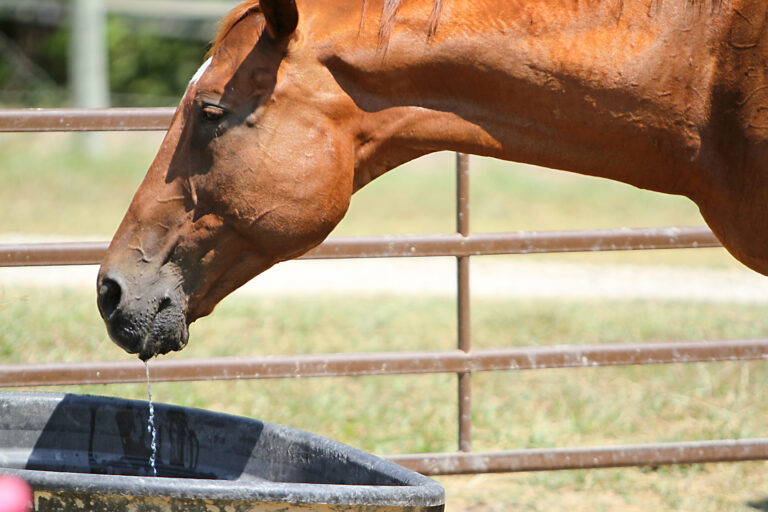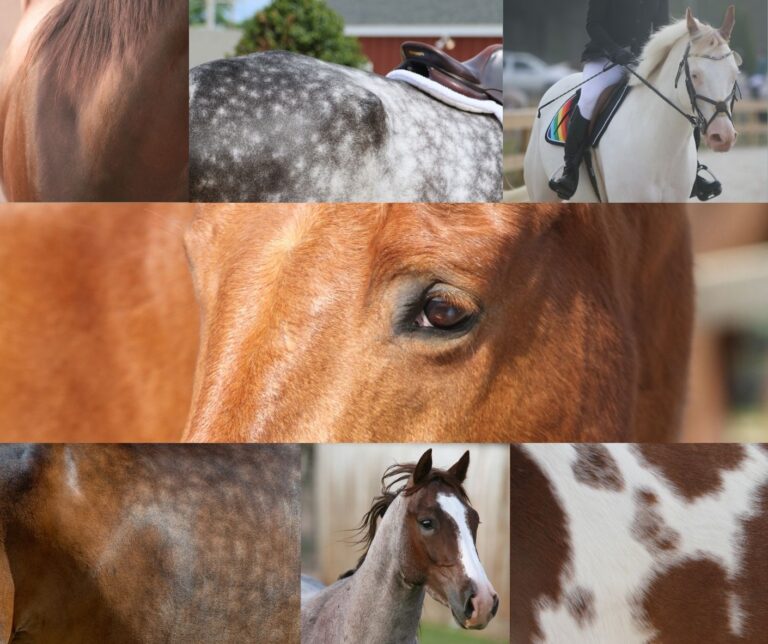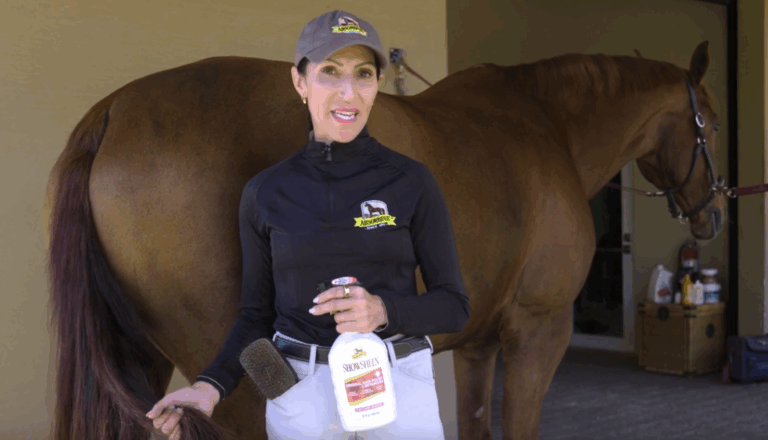
As if the distracting buzzing of flying insects wasn’t enough of a bother, bug bites are also a leading cause of allergic skin reactions in horses. In particularly bad cases, horses may be faced with swelling, skin flaking or thickening and even weeping, bleeding wounds. Now imagine if a simple vaccination could prevent all that unpleasantness.
That’s just what an international team of researchers believe they’ve developed. The participants included representatives from the Universities of Bern and Zurich (both in Switzerland), England’s Oxford University, the Latvian Biomedical Research & Study Center and private-sector partners.
An allergic reaction can occur when an insect, such as a mosquito, injects allergens while feeding on your horse. (An allergen is any substance that causes an allergic response.) In a nutshell, the allergen triggers a type of immune reaction in the horse’s body that includes sending an “itch” message to the brain as well as giving rise to other symptoms commonly associated with an allergy.
The researchers theorized that if they could block the internal triggers of the immune response, they could then prevent the allergic outcome. So they created a vaccine with two primary functions—control both the immune response and the related allergic reaction. To do this, the vaccine works to control T-cells and eosinophils, two types of white blood cells important to the immune system and allergic responses.
The team tested its vaccine on a herd of 34 Icelandic horses afflicted with chronic allergic reactions to insect bites. Nineteen of the horses were given the vaccine while 15 were given a placebo. All of the vaccinated horses showed clinical improvements, including reduced skin lesions compared to what they had experienced the previous year and compared to the placebo group. In addition, none of the horses showed adverse reactions to the vaccine. Considerably fewer horses in the placebo group showed improvement in their allergy symptoms.
The researchers believe this development could potentially change medical treatment for all pets, as it demonstrates the successful use of an immunotherapy for a chronic health issue. It may even assist in asthma therapy for humans.
This article was originally published in the September 2018 issue of Practical Horseman.








